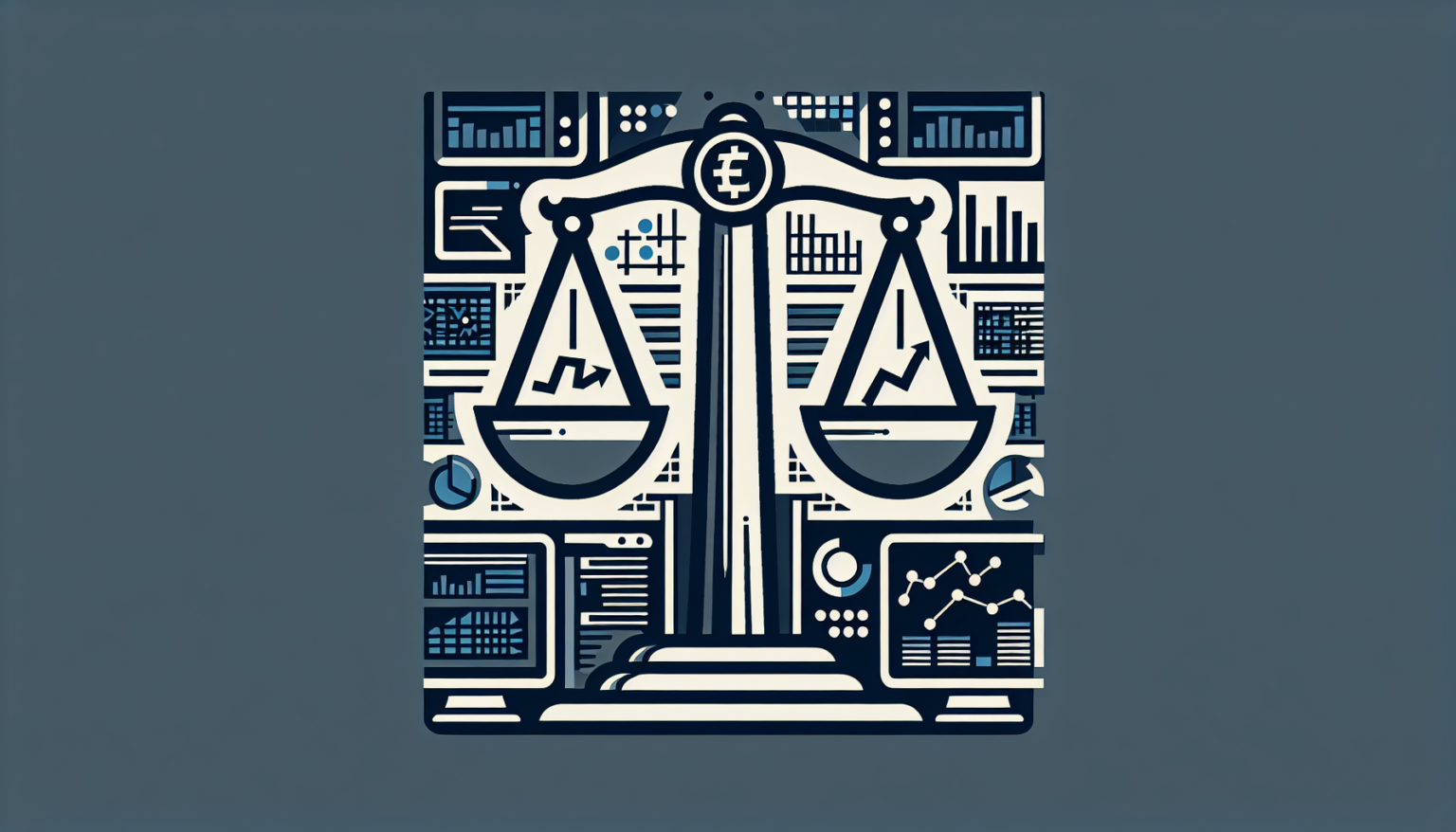The Rise of Automated Trading Technologies
Automated trading technologies have revolutionized the financial markets over the last few decades. By utilizing complex algorithms and high-frequency trading strategies, these systems can execute trades at lightning speed, making them a staple for institutional investors and hedge funds. However, the rapid ascent of these technologies raises a host of ethical considerations that deserve thorough examination.
Understanding Automated Trading
What is Automated Trading?
Automated trading involves the use of software programs or algorithms that execute trades on behalf of investors. These systems analyze market data, identify trading opportunities, and perform transactions often in fractions of a second. It eliminates the emotional element traditionally associated with trading and allows for more systematic decision-making.
The Role of Algorithms
Algorithms at the core of automated trading can vary significantly in complexity. Some are based on simple parameters like price movements, while others integrate machine learning and artificial intelligence to adapt to changing market conditions. This variety means that the ethical implications can also differ substantially depending on how an algorithm is structured and deployed.
The Ethical Landscape
Market Manipulation Concerns
One of the most significant ethical dilemmas surrounding automated trading is the potential for market manipulation. High-frequency traders can, intentionally or unintentionally, create false signals in the market. For instance, a technique known as “quote stuffing,” where large numbers of buy or sell orders are placed and then canceled almost instantly, can distort market activities and mislead other traders.
Impact on Market Integrity
Such practices not only undermine market integrity but also harm individual investors who may be misled by the information available. They face difficulties competing against institutional players that have access to these sophisticated tools. This disparity raises the question of whether automated trading promotes a fair market environment or creates an uneven playing field.
Transparency Issues
Transparency is another pertinent ethical issue in automated trading. Many algorithms are proprietary, kept secret by the firms that develop them. This opacity prevents outside parties from understanding how trades are being executed, raising questions about accountability and fairness.
The Need for Regulation
The lack of transparency leads to a pressing need for regulation. Regulators need to balance innovation and protection for retail investors while ensuring that firms remain accountable for their trading practices. Regulatory frameworks, such as those proposed by the Commodity Futures Trading Commission (CFTC), may need to evolve to address these complexities and ensure ethical standards are upheld.
Risk of Systemic Failures
Automated trading systems are not infallible; they can lead to systemic risks. Events like the Flash Crash of 2010 exemplify how cascading failures in automated trading can precipitate widespread market turmoil. When multiple trading algorithms react to the same market signals, they can exacerbate price swings and lead to market collapse.
The Ethical Responsibility of Developers
Given these risks, developers and firms deploying such technologies carry a significant ethical responsibility. They must ensure their algorithms are designed to avoid creating adverse market conditions. Balancing profitability with the overall stability of the financial markets is crucial in maintaining ethical standards.
The Human Element
Displacement of Jobs
The automation of trading raises ethical questions about job displacement. As algorithms take over roles traditionally held by human traders, there is concern about the socio-economic impacts. While automation can improve efficiency and reduce costs, it also threatens livelihoods.
Finding a Balance
It’s essential for firms and regulators to find a balance. Reskilling programs for displaced workers can help mitigate these effects and provide opportunities for individuals to transition into new roles that leverage human insight and decision-making, which machines cannot fully replicate.
Behavioral Ethics in Trading
The ethical implications of automated trading also extend into behavioral ethics. When algorithms can execute trades at the speed of light, they change the way we perceive risk and reward. Traders may become more aggressive, relying on machines rather than their judgment, which can lead to unethical decision-making.
Ethical Trading Practices
Education around ethical trading practices is paramount. Investors should be aware of the implications their automated trading strategies can have on market integrity and each other. Responsible use of technology should be a core tenet among traders, ensuring that the quest for profits does not overshadow ethical considerations.
Data Privacy and Security
Handling Sensitive Information
Automated trading systems often require access to vast amounts of sensitive personal and financial data. The ethics surrounding data privacy are critical, especially as incidents of data breaches continue to rise. Firms must establish stringent cybersecurity measures to protect client information and ensure that data is used ethically.
Transparency with Clients
It’s essential for trading firms to maintain transparency with their clients about how their data is being used. Clients should be informed about their rights regarding data usage and the steps being taken to secure their information. This builds trust and ensures that ethical standards in data handling are upheld.
The Future of Automated Trading Ethics
Emerging Technologies
As technology continues to evolve, so will the ethical considerations surrounding automated trading. Innovations such as blockchain and decentralized finance (DeFi) pose new challenges and opportunities. These advancements can democratize access to trading but may also introduce different ethical dilemmas.
Continuous Ethical Dialogue
Engaging in a continuous ethical dialogue among developers, regulators, and traders is essential. Establishing best practices and frameworks can help ensure that as technologies develop, ethical considerations remain central to their deployment.
The Role of Education and Training
Improving the understanding of ethical considerations in automated trading through education is vital. Institutions, firms, and regulatory agencies should collaborate to create training programs that emphasize ethical trading principles, encouraging a culture of responsibility within the financial industry.
By discussing and addressing these ethical considerations proactively, the financial community can work toward a future that not only embraces innovation but also garners trust and fairness in trading practices.








